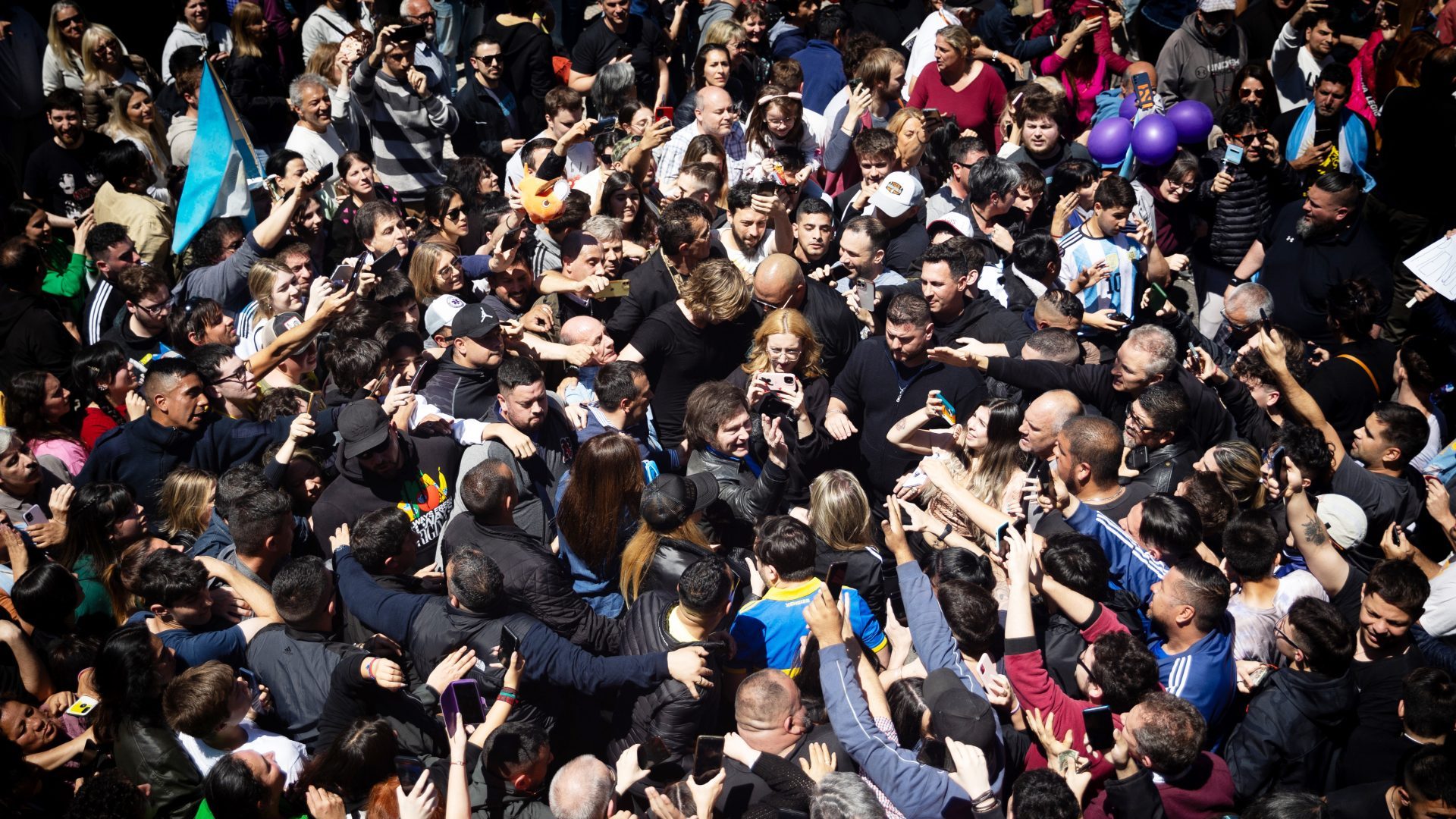The snoozefest of the Dutch election campaign came to an abrupt, chilling halt with the first exit polls. When emojis of exploding heads start filling up your phone screen, you know that something is up. Within seconds, the first message of a worried friend appeared: “Should I leave the country?” Such was the impact in many quarters of the historic win by the far-right populist, anti-immigrant, anti-Islam Geert Wilders and his Party for Freedom (PVV).
A political earthquake had been building up in the murky mud of Dutch politics. Only in the last few pre-election polls did it seem that Wilders’ party was in the running to become the largest. Nobody had foreseen that he’d outdistance his nearest competitor by such a huge margin. In the fractious Dutch political landscape with a morass of parties competing and more than a dozen ending up in parliament, Wilders alone now commands a quarter of the seats.
I took a taxi recently – an Uber. Despite being from a migrant, Muslim, background, the driver had considered voting for Wilders. Sure, he was not pleased with the anti-Muslim rhetoric, but all those people around him voting for the man couldn’t be wrong, could they? And at least Wilders was not anti-car, which as an Uber driver appealed to him a great deal.
I keep saying Wilders, rather than his party, PVV, because it’s mostly a one-man band. The PVV has only one member: Wilders. Everybody on his list of candidates serves at his pleasure. There are no internal democratic party structures or elections – something that should serve as a warning to his potential coalition partners.
And despite much public hand-wringing about his victory, there are plenty of those waiting in the (right) wings to do business with him. Dilan Yeşilgöz, who took over the centre right VVD party from outgoing prime minister Mark Rutte was in shock, but hinted that she might be open to negotiations with Wilders. In a reaction on election night, she doubled down on her own anti-migration stance.
Commentators immediately and overwhelmingly blamed her previous statements on immigration for opening the door for Wilders. And when it comes to anti-immigration rhetoric, why vote for a pale copy if you can vote for the original?
Another potential coalition partner for Wilders is an entirely new party, New Social Contract or NSC, set up by the veteran Christian Democrat Pieter Omzigt. NSC ended up with 20 of the 150 seats, which is not bad for a newcomer. Omzigt has built his brand on exposing governance scandals, including one in which the tax authorities were accused of racially profiling benefits recipients.
While keeping his distance from Wilders during the campaign, Omzigt on election night immediately began flirting with power. He was ready to take on the responsibility of governing and also made a dig at Holland’s lax approach to immigration.
Even though more than one European country is currently being governed by the far right, the Dutch results blew many people’s minds. One analyst compared Wilders’ victory to Trump and Brexit. Who could have predicted that Holland – this pot-smoking, prostitution-tolerant, LGBTQ+-friendly, abortion and euthanasia-condoning one-time hippy-dippy beacon of progressive values – would turn into a nasty, snarling migrant-baiting werewolf of a country?
A decade ago, I wrote that Wilders was “mainstreaming hate”. It appears that the process has now been successfully concluded.
What about my naturalised Dutch, migrant friend who was wondering whether he should leave the country? Well, first of all he’s not a Muslim, and despite Wilders’ pledge to tone down his anti-Islam screeds and to stay within the law, that is still where most of the anti-migrant feelings seem to converge. Secondly, my friend is also an American and with a Trump victory next year remaining a distinct possibility, it would be like jumping out of the frying pan and into the fire. With 2024 not even started, the world seems to be in for a hell of a ride.



